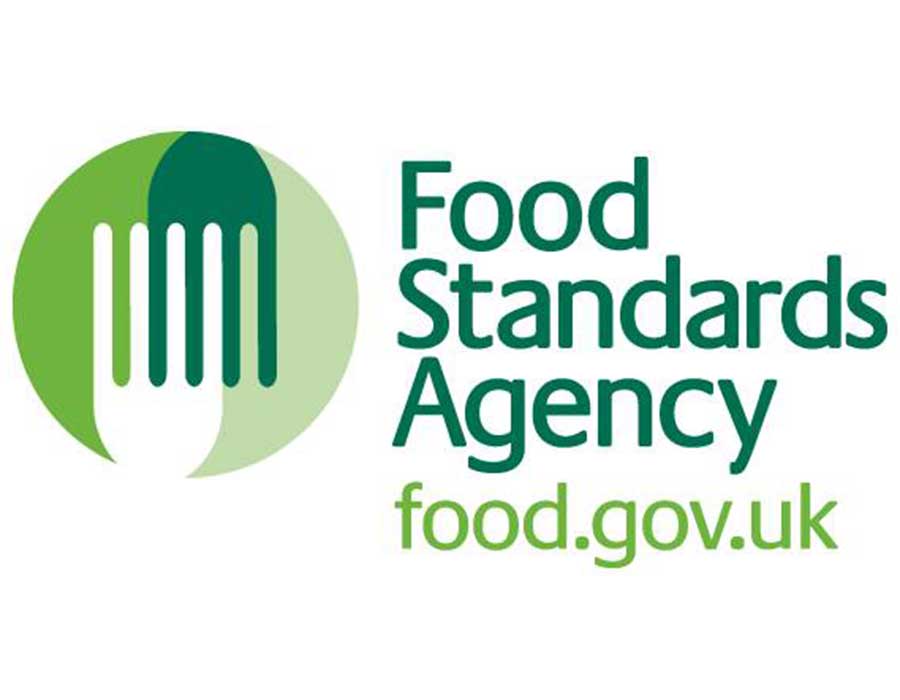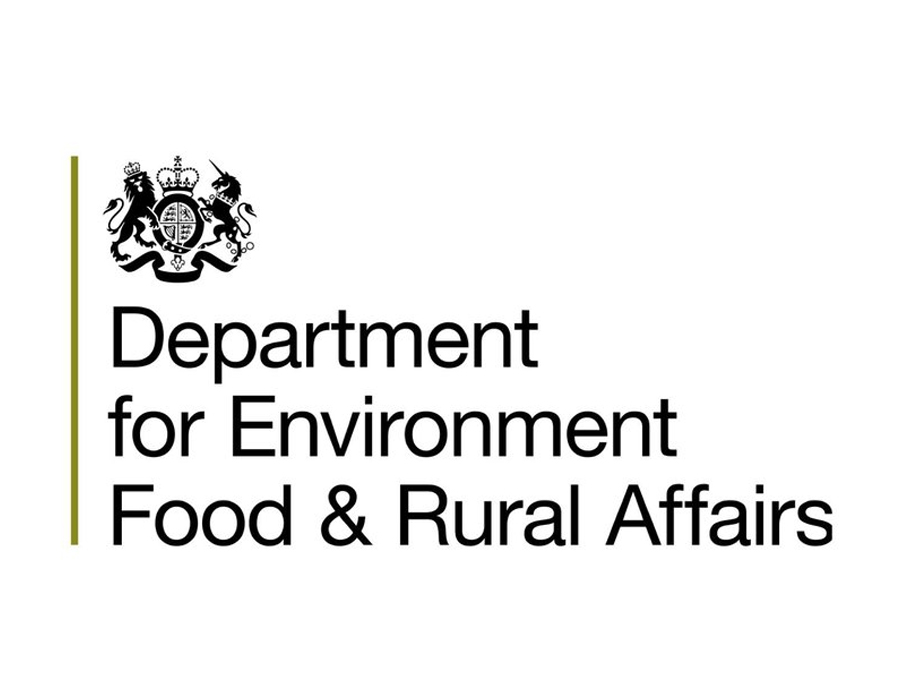Defra have today (30.09.24) issued a formal update, via their Defra Agri-Food weekly bulletin, regarding the proposed GB-wide ‘Not for EU’ labelling, stating that it will now NOT progress from the beginning of October 2024 as originally planned. Please see below for full detail.
Defra statement issued 30.09.24
Having carefully reviewed the evidence from the consultation carried out earlier this year and through comprehensive engagement with businesses, we will no longer proceed with the introduction of UK wide ‘not for EU’ labelling from the beginning of October 2024.
But our objective, to safeguard the supply of goods into Northern Ireland and protect consumer choice, remains paramount.
To that end we will continue to monitor the UK Internal Market to track, and if necessary intervene to protect, the availability of goods in Northern Ireland
That will mean working with industry on a data-driven approach to protect consumer choice in Northern Ireland, gathering quantitative and qualitative data on the market and flow of goods.
Recognising the clear commitment we have heard from business to serve customers across the United Kingdom, we want to work with you and tackle any issues that arise. Collaborating with everybody across the supply chain will be an important part of our strategy, as will individual businesses acting in good faith to maintain supply.
However, we will put in place the legislative powers necessary to apply labelling requirements across GB as a contingency measure if that is required. These powers will enable us to target intervention, where the evidence shows that there is a risk in the delisting of goods resulting in less choice for consumers in NI, and our efforts to maintain supply are being unsuccessful. The details are still being developed, but we envisage having a power in place to bring in GB-wide labelling on a commodity-by-commodity basis.
We will set out further details in due course, and recognise we need to be clear on timelines and expectations. But we will continue to do everything required to support Northern Ireland’s integral place in our internal market, and we will not hesitate to intervene if that proves necessary.
It is important to be clear that as agreed in the Windsor Framework, Phase 2 of the Northern Ireland Retail Movement Scheme begins from October 2024, bringing more dairy products into scope of the labelling requirement for moving goods GB to NI. This remains unchanged.























